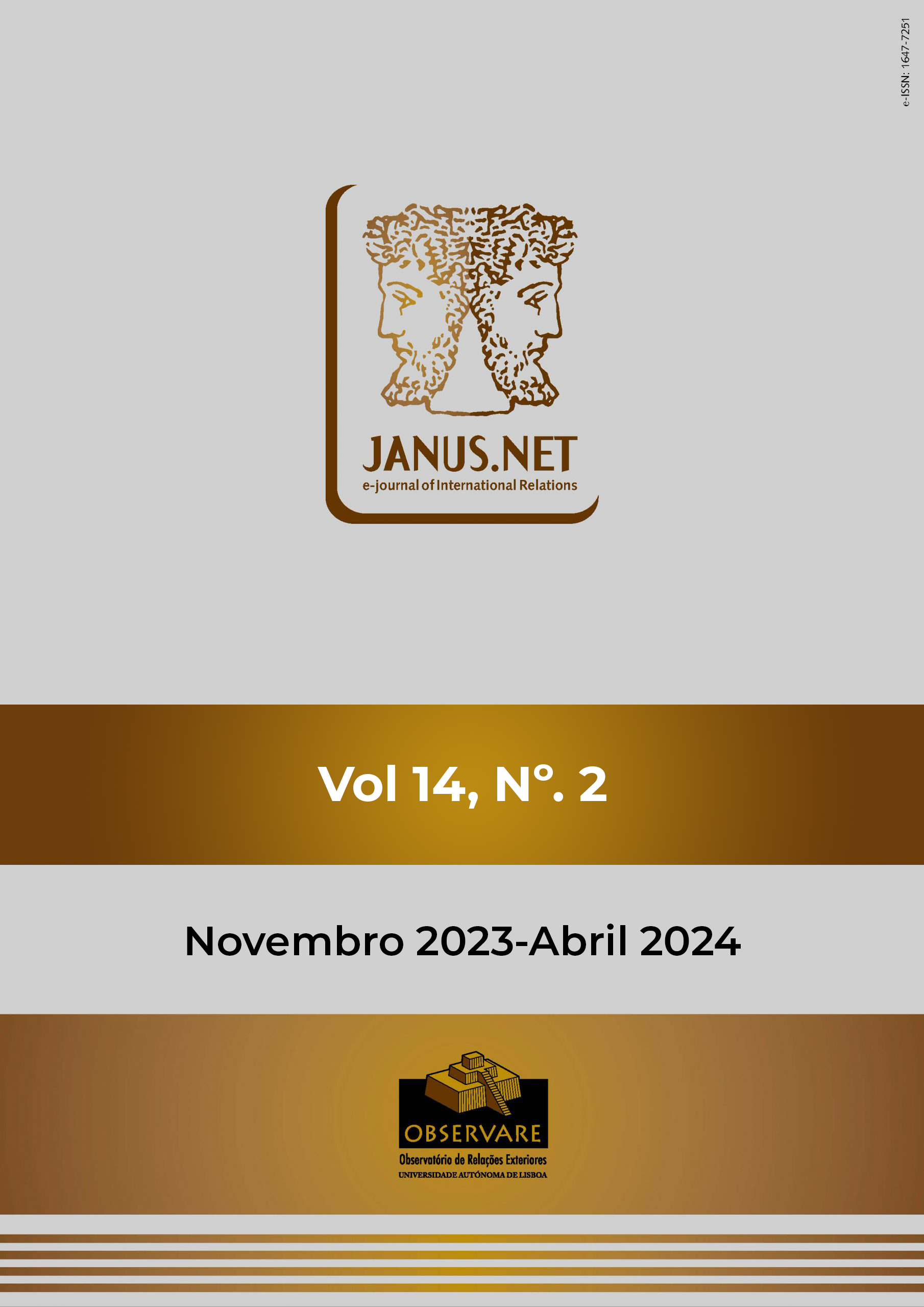Climate change and security are two topics that are advancing in importance and relevance in International Relations studies in the 21st century. Anthropocene activities are confirmed by the Intergovernmental Panel on Climate Change (IPCC) 2014 AR51 as the main factor for what we are witnessing in the first quarter of this century. Ecosystems, of which humans are part of, are being destroyed around the world downgrading human living conditions, rising ocean waters and leading to scarcity of resources. In what concerns the Arctic region, it is the first place to suffer from those changes, being considered the bell for the rest of the world. The Arctic is warming four times faster2 than the rest of the world and this proven scientific fact challenges security and how it is perceived and understood nowadays. With climate change comes scarcity of resources and competition in a region that has been an example of cooperation and peace as expressed and whished by Gorbachev in 1987 in Murmansk3 . The Arctic region is back, and tensions and conflicts too. The security of people, indigenous and non-indigenous, is central. This brings something new to security, labelled as nontraditional security.
NATO, CLIMATE CHANGE AND SECURITY: THE ARCTIC MISSING IN MADRID STRATEGIC CONCEPT 2022
https://doi.org/10.26619/1647-7251.14.2.02
CÉLINE RODRIGUES
Resumo
Artigo publicado em 2023-11-29

